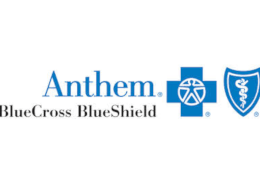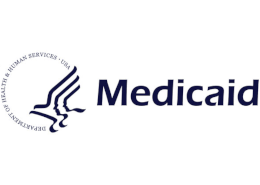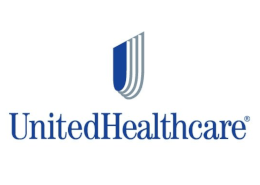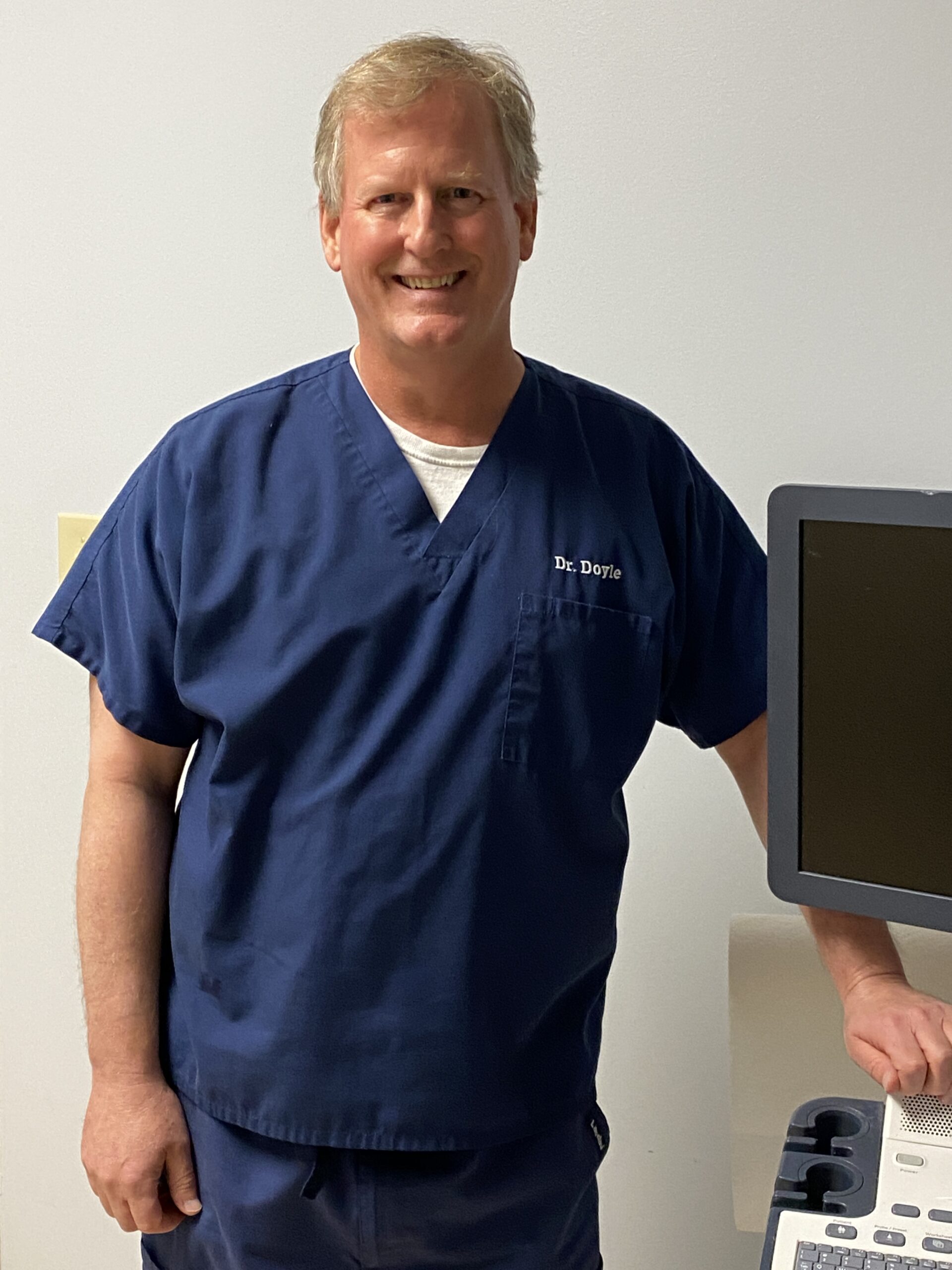
In fact, they can increase the risk for developing a blood clot or ulcer. Varicose veins, a symptom of vein disease, are not considered a cosmetic issue. They cause symptoms including heaviness or achiness in the legs, itchiness, discomfort, leg cramps (especially at night), and skin discoloration.
In the past, the most common vein treatment method was vein surgery. Vein stripping, was often painful and required significant recovery time. However, today there are a number of advanced, proven methods for treating varicose veins and other vein issues. Our vein specialists use minimally-invasive vein treatments for vein disease symptoms. Here is a closer look at how you can help prevent your varicose veins from getting worse. Plus, learn the benefits of non-surgical vein treatments offered at Columbus Vascular Vein & Wound Center. If you still have questions or are ready to see a doctor we offer both in-person risk free complimentary evaluation*.
We are happy to accept nearly all insurance providers.






The Benefits of Vein Treatment
Minimally-invasive vein treatments serve as alternatives to surgical treatments previously used to treat vein disease. Thanks to developments in medical technology, we can provide non-surgical vein treatments to our patients who suffer from symptoms of vein disease. When you receive one of our non-invasive treatments, you can benefit from:
Convenience: We offer treatment during outpatient appointments, so you are able to go home on the same day. Some of our treatment options take less than 15 minutes and most take less than an hour. That means you can fit vein care into your busy schedule.
Low Risk: Our treatments present fewer risks than surgery. You do not have to undergo general anesthesia or take significant time off from work. There is minimal risk of postoperative infection, and our treatments produce little to no scarring.
Coverage: Our leg vein treatments are often covered by health insurance, and may be covered by Medicare as well. We work with most major insurance providers and have dedicated insurance specialists to assist with determining our patients’ insurance coverage.
Leg Vein Treatment Options
FDA-approved, minimally-invasive vein treatment options we offer at Columbus Vascular Vein & Aesthetics.
ENDOVENOUS LASER THERAPY (EVLT)
EVLT has been used for more than a decade and is considered the Gold Standard for treating symptoms of vein disease. This leg vein treatment involves your doctor inserting a very thin laser fiber into the diseased vein using a real-time ultrasound for guidance. Your doctor will then use laser energy to heat and close the malfunctioning vein.
The surrounding healthy veins will take over the normal blood flow immediately. Afterwards, the treated varicose veins will eventually be absorbed by your body. EVLT usually takes just 15 minutes from start to finish, and you should be able to resume your daily activities immediately after your treatment.
ULTRASOUND-GUIDED SCLEROTHERAPY
Ultrasound-Guided Sclerotherapy utilizes live ultrasound technology to treat varicose veins on legs near the skin’s surface. This procedure is a minimally invasive technique designed to close malfunctioning varicose veins so they can be naturally reabsorbed into the body. During this treatment, an ultrasound is used to locate the diseased vein and injection site. Then, medication is injected into the vein.
Ultrasound-guided sclerotherapy offers patients relief from their symptoms almost immediately and requires no downtime.
SCLEROTHERAPY INJECTIONS
Small veins that are less than 1 millimeter in diameter are usually treated with sclerotherapy. Sclerotherapy is a popular leg vein treatment for both spider veins or varicose veins. Your provider will guide a tiny needle into the affected vein and administer a sterile solution. The solution will irritate the inner lining of the vein and cause it to swell and seal shut.
As with EV RFA treatment, the healthy surrounding veins will take over the blood supply and the treated vein will be absorbed by your body. Patients typically wear compression stockings for several days after the treatment, but they are able to return to their normal routine immediately afterward.
VARITHENA VEIN TREATMENT
With this treatment for varicose veins on legs, your vein specialist uses an ultrasound to guide a small needle or catheter into the vein. This allows the Varithena foam treatment to reach the affected vein. The Varithena foam will cause the vein to collapse and the blood flow will be redirected to other healthy veins.
ENDOVENOUS RADIOFREQUENCY ABLATION(EV RFA)
EV RFA is now considered the gold standard for treating venous insufficiency in superficial veins. The treatment consists of your provider inserting a small catheter into the diseased vein using ultrasound guidance. The procedure is quick, recovery time is minimal and there is little discomfort. Activities of daily living can be resumed almost immediately after the procedure in most cases.
What to Expect During Treatment
Are you wondering what to expect when you opt for one of these minimally- invasive vein treatments? At your initial visit with us, your specialist will first do a complete physical and take your medical history to learn more about your vein issues.
During your physical, your doctor will evaluate any leg veins that may need to be treated, checking for signs of vein disease and any other conditions.
When taking your medical history, your doctor will ask you about the status of your current health. You can expected to be asked questions about:
Whether you have any allergies.
Surgical procedures you’ve had, especially recent ones.
Recent illnesses you have had, and if you are currently feeling sick.
Any chronic or existing medical conditions you have, including diabetes or high blood pressure.
Whether you’ve previously had treatment for varicose veins, and how successful the results were.
All medications (both prescription and over-the-counter) you take. This includes pain relievers such as aspirin, naproxen sodium, and ibuprofen as well as blood thinners — all of which can increase your risk of bleeding. The doctor will also want to know about any supplements you’re taking at the time of treatment.

What Can You Expect After Vein Treatment?
FAQ
What should I expect at my first visit?
What should I bring with me to my initial visit?
Things to bring with you to your initial visit are :
- Filled out New Patient Paperwork
- Medication List
- ID
- Insurance
- Any previous ultrasound or imaging done
How long do compression stockings last?
Typically our Providers suggest that you should change your stockings every 4 to 6 months. Manufacturers agree that stockings typically last about 6 months at the most. If you wear compression stockings every day, it’s a good idea to get more than one pair.
How do I prepare for an ultrasound?
For any ultrasound, you should be prepared to have any wound dressing removed.
Venous Ultrasounds
- Drink plenty of water
- Do not wear compression stockings that day
- Avoid caffeine
- Limit any activity to a light level.
Abdominal Aorta and Renal Ultrasounds
These need preformed on an empty stomach (NPO 8 hours prior to exam).
Carotid and Arterial Ultrasounds
No additional preparation is needed.
